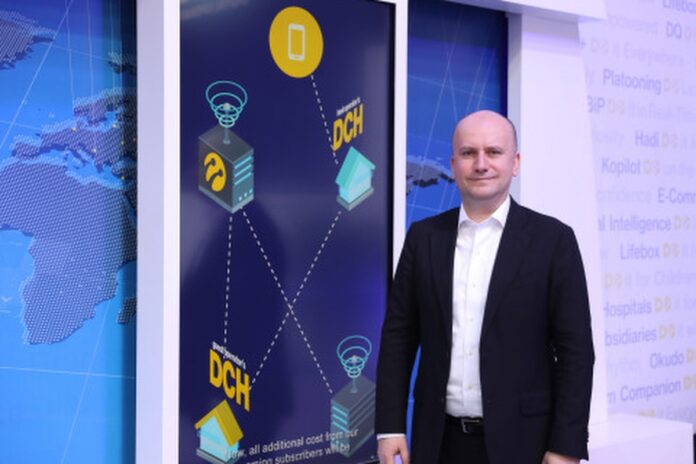Turkcell’s new ID Management tool stores the information needed for user verification in a blockchain network, so additional verifications are not necessary.
Traditional ID management solutions typically require users to create different accounts for different platforms or to use personal data they have previously shared with third parties.
The new approach gives the user control over their personal data and ensures the privacy of their personal data that is GDPR-compliant. It also opens up opportunities for new enterprise use cases, Turkcell says.
One use cases for the ID Management solution is to verify of the identity and eligibility of people receiving charitable donations.
Customer experience
Serkan Ozturk, Turkcell’s Customer Experience and Information Technologies Executive Vice President, said, “Customer experience remains a top priority in the design of our services. Our customers demand transparency and trust in every step of our processes.
“In this sense, using blockchain technology is essential to improve the customer experience of our digital services and solutions.”
He added, “Our blockchain solutions provide secure digital payments, barter systems, identity verification and IoT applications. These efforts will help us improve our digital services and raise the bar in customer experience.”
Ozturk also noted that Turkcell has joined The Carrier Blockchain Study Group (CBSG), a global consortium of telecom carriers.
Turkcell shares its blockchain network with Ukranian mobile operator Lifecell and Lifecell’s Belarus-based partner BeST. The company is also in talks with research organisations and other telecom operators to further expand the network.
Blockchain in telecoms
A study published by Research & Markets last year found that the blockchain in telecom market is expected to grow from $46.6 million (€ 41.1 million) in 2018 to $993.8 million (€ 876.54 million) by 2023, at a compound annual growth rate (CAGR) of 84.4%.
Drivers include increasing support requirements for OSS/BSS processes and rising security concerns among telcos. However, the research noted that concerns over the authenticity of users, uncertain regulatory status and the lack of common standards could hinder blockchain’s use in telecoms.
Last week, Telefónica signed a strategic collaboration partnership with Microsoft to “transform the telecommunications industry”. The companies said this would include exploring AI and technologies such as blockchain, 5G and edge computing.



